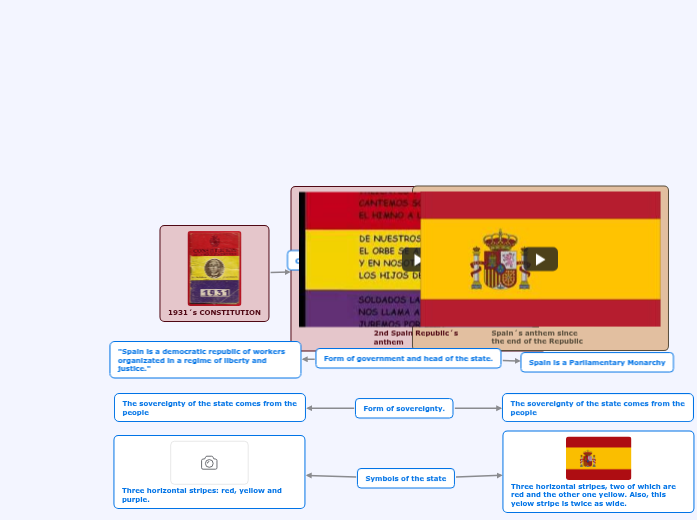Philosophy - Metaphysical interpretations of reality
Does god exist?
Real world examples
Religion and Spirituality
Religion: beliefs about nature of reality and the divine and supernatural
Spirituality: exploration of the inner, non-material experience human existence. (soul, aura, etc.)
Omnipotent, Omnipresent, Omniscient
Atheism
Humanism
Hume, Nietzche, Thomas Aquinas, Kierkegaard
Free will: the choice over our own actions and decisions. We are fully to blame for our actions as we are the ones who commit them.
Existence
Existence: Being real or participating in reality
Descartes, Locke, Leibniz, Thomas Nagel, David Chalmers
Descartes cartesian dualism; idea of God could not have originated in oneself, an imperfect being; then the concept of perfection and infinite being, must be from God, himself.
Teleological argument - Thomas Aquinas
What is consciousness?
Existence and consciousness
Existence and Consciousness
Existence: Being real or participating in reality
Consciousness: state of being aware and able to process and perceive one's surroundings, thoughts, feelings, and experinces.
Englightnment
Idealism
Descartes, Locke, Leibniz, Thomas Nagel, David Chalmers
Identity: our experiences and surroundings make us who we are, which makes us unique
Change: alteration of our identity
Monism/Dualism
Mind/Body debate
Personal identity theory
Aristotle, Leibniz
Determinism
Determinism: every event is determined by an unbroken chair of prior occurences. (Fate)
Spinoza, Hobbes
What is the meaning of life?
Objects and their properties: materialistic things like sweaters or dogs, or abstarct things such as happiness are both "properties"
Descartes, Russell, Alfred Edward Taylor,
Worldview/ Perspective --> Optimism & Nihilism (Nietzche)
Four pillars (belonging, purpose, transcendence, storytelling)
Maslows hierarchy of needs
Free Will
Free will: the choice over our own actions and decisions. We are fully to blame for our actions as we are the ones who commit them.
Existentialism
Worldview/ Perspective --> Nihilism (Nietzche) and Optimism
Space and Time
Space: abstract framework where physical objects exist and events occur
Time: abstract concept that represents sequence of events, changes, and flow of life/existence
Space and mental: Mental constructs used to organize perceptions, unreal constructs to help us track life
Enlightnement
Allegory of the cave
Albert Einstein, Descartes, Leibniz, Isaac Newton, Ernst Mach, J.M.E Mctaggart, Leibniz
Does the world really exist?
Possibility: true in some possible world (if it is possible for nothing to have ever existed, then nothing would exist still)
Idealism
Thomas Aquinas, Leibniz, David Lewis, Aristotle
Objects and their properties: materialistic things like sweaters or dogs, or abstarct things such as happiness are both "properties"
Descartes, Russell, Alfred Edward Taylor
Allegory of the cave
Nihilism and optimism
Materialism
Possibility
Objects and their properties
Do humans have a soul?
Real World Examples
Existence and counsciousness
Abstractions
Existence and consciousness
Existence: Being real or participating in reality
Consciousness: state of being aware and able to process and perceive one's surroundings, thoughts, feelings, and experinces.
Humanism
Personal identity theory
Descartes, Locke, Leibniz, Thomas Nagel, David Chalmers
Identity and Change
Identity: our experiences and surroundings make us who we are, which makes us unique
Change: alteration of our identity
Aristotle, Leibniz
Cosmogony
Cosmogony: how the universe came into being (big bang theory)
Spinoza, Voltaire Plotinus









